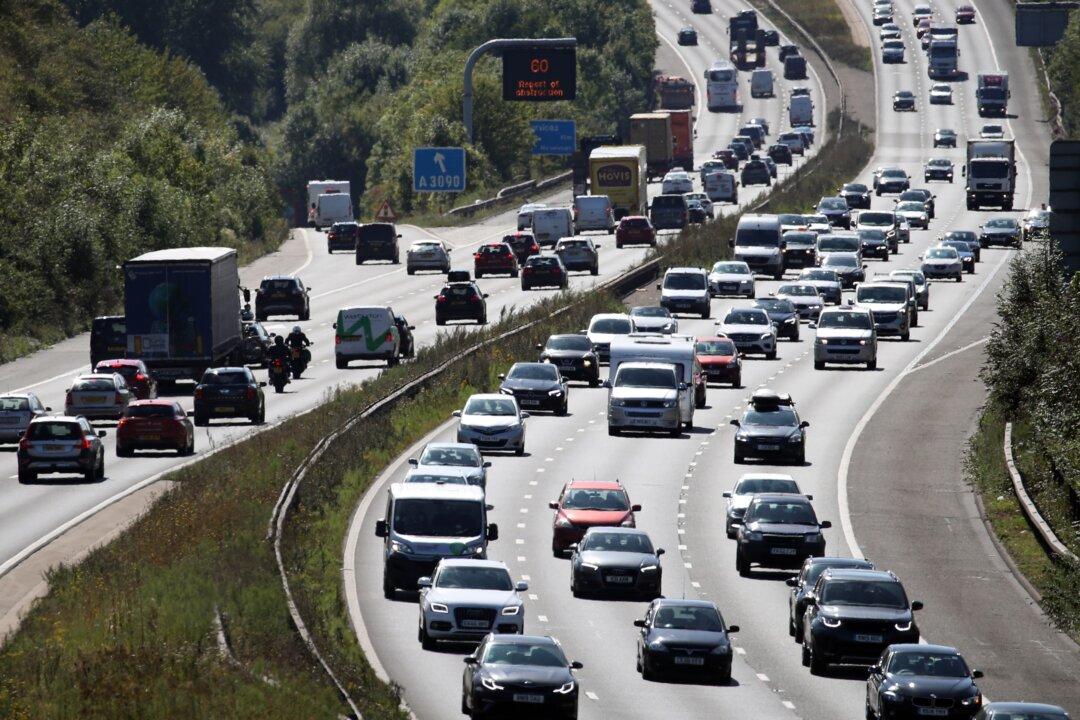Britain’s ban on new petrol and diesel cars will still take effect from 2030 as part of its net zero push, the Energy Secretary confirmed.
On Thursday, Grant Shapps published his “Powering Up Britain” energy security plan, on what is being called “Green Day,” with a range of measures to “deliver cleaner, more affordable” energy sources to power the UK.





